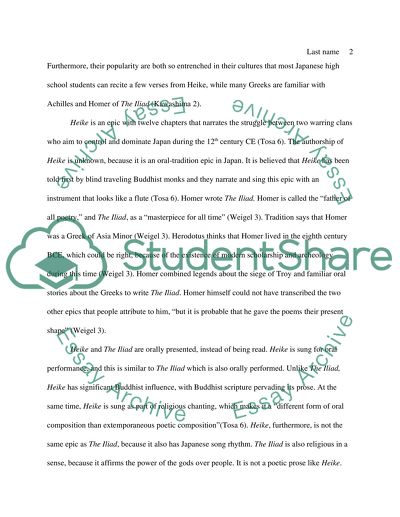Cite this document
(“The Tale of Heike and The Iliad Research Paper Example | Topics and Well Written Essays - 1750 words”, n.d.)
Retrieved from https://studentshare.org/literature/1439518-the-tale-of-heike-and-the-iliad
Retrieved from https://studentshare.org/literature/1439518-the-tale-of-heike-and-the-iliad
(The Tale of Heike and The Iliad Research Paper Example | Topics and Well Written Essays - 1750 Words)
https://studentshare.org/literature/1439518-the-tale-of-heike-and-the-iliad.
https://studentshare.org/literature/1439518-the-tale-of-heike-and-the-iliad.
“The Tale of Heike and The Iliad Research Paper Example | Topics and Well Written Essays - 1750 Words”, n.d. https://studentshare.org/literature/1439518-the-tale-of-heike-and-the-iliad.


